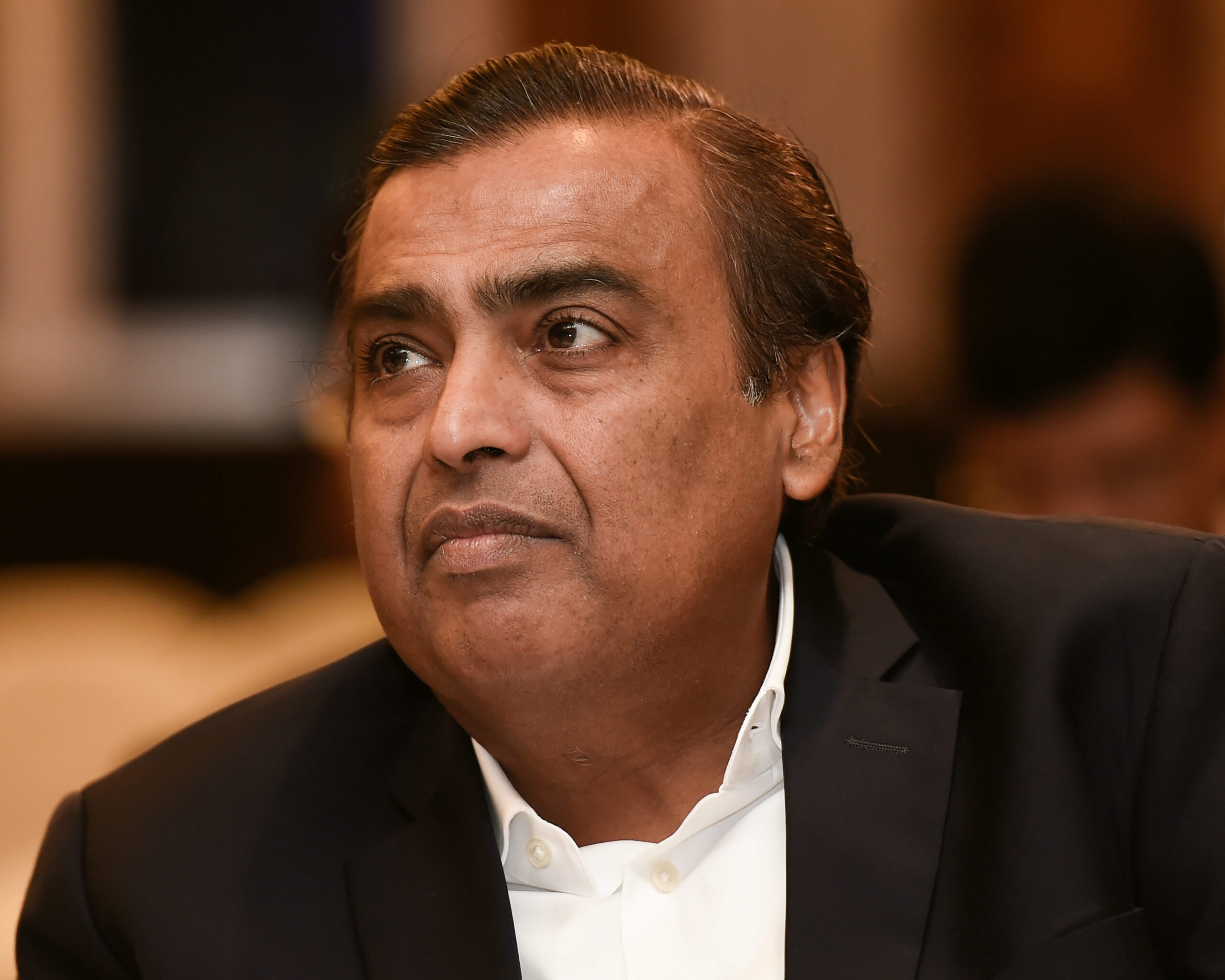- Friday, April 18, 2025
The government last week announced that satellite spectrum for broadband would be allocated administratively, which Musk has been advocating

By: Shajil Kumar
After capturing India’s mobile phone subscribers market through a bevy of freebies and aggressive promotions, Mukesh Ambani has now set his sights on the satellite broadband market.
He is now pitted against Elon Musk, the promoter of satellite internet service provider Starlink, which now dominates the global market with presence across 100 countries.
Ambani’s Reliance Jio has partnered with Luxembourg-based SES Astra, a leading satellite operator.
Around half a dozen key players are vying for the Indian market, which is projected to reach two million by 2025, according to credit rating agency ICRA.
Satellite broadband provides internet access anywhere within the satellite’s coverage.
This makes it a reliable option for remote or rural areas where traditional services like DSL – a connection that uses telephone lines to transmit data – or cable are unavailable. It also helps to bridge the hard-to-reach digital divide.
Nearly 40 per cent of India’s 1.4 billion people still don’t have internet access, according to EY-Parthenon, a consulting company.
Starlink uses low-Earth orbit satellites positioned between 160 and 1,000 km from Earth’s surface to provide internet service.
It has 6,419 satellites in orbit and four million subscribers.
The methodology of awarding spectrum for satellite services in India has been open to debate – whether it should be allocated administratively or through auction.
The government last week announced that satellite spectrum for broadband would be allocated administratively, claiming it aligns with international norms.
Telecoms Minister Jyotiraditya Scindia said, “If you do decide to auction it, then you will be doing something which is different from the rest of the world.”
Ambani has been pitching for the auction model, while Musk has been favouring the administrative model.
Reliance Jio says an auction will ensure fair competition and a level playing field, as India currently lacks clear legal provisions on how satellite broadband services can be offered directly to people.
However Gareth Owen, a technology analyst at Counterpoint Research, told BBC that Satellite spectrum is not typically allocated by auction as the costs involved could impact the financial rationale or investment in the business. In contrast, administrative allocation would ensure spectrum is fairly distributed among “qualified” players
Minister Scindia said that the spectrum will be allocated administratively in line with Indian laws, and its pricing worked out by the telecom watchdog.
The Telecom Regulatory Authority of India (TRAI) is yet to announce spectrum pricing, and commercial satellite internet services are still to begin.
If Musk’s Starlink enters India, analysts claim it will boost prime minister Narendra Modi’s efforts to attract foreign investment.
It will also help his government’s efforts to project its image as pro-business, countering claims that it favours top Indian businessmen like Ambani and Gautam Adani.
Interestingly, Ambani’s rival Sunil Mittal, chairman of Bharti Airtel, also favours the auction route.
At a recent event in Delhi he said, “Satellite companies who have ambitions to come into urban areas, serving elite retail customers, just need to take the telecom licenses like everybody else… they need to buy the spectrum as telecom companies buy.”
It may be recalled that allocating the telecom spectrum, Indian government had favoured auction route and it have proved lucrative.
Sunil Mittal is also the co-chair of global satellite group Eutelsat, which has partnered with Bharti Airtel. (Agencies)